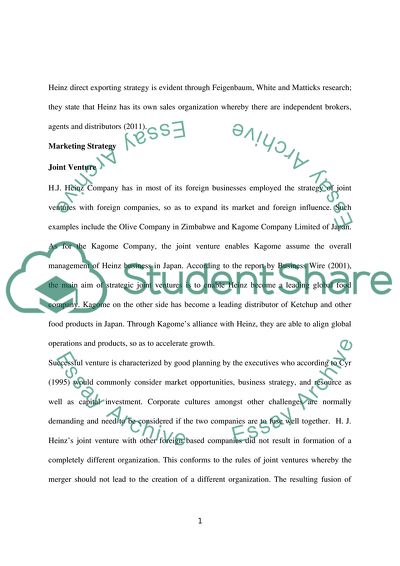Cite this document
(International Business of Heinz Company Assignment, n.d.)
International Business of Heinz Company Assignment. Retrieved from https://studentshare.org/marketing/1816550-international-bussiness
International Business of Heinz Company Assignment. Retrieved from https://studentshare.org/marketing/1816550-international-bussiness
(International Business of Heinz Company Assignment)
International Business of Heinz Company Assignment. https://studentshare.org/marketing/1816550-international-bussiness.
International Business of Heinz Company Assignment. https://studentshare.org/marketing/1816550-international-bussiness.
“International Business of Heinz Company Assignment”, n.d. https://studentshare.org/marketing/1816550-international-bussiness.


